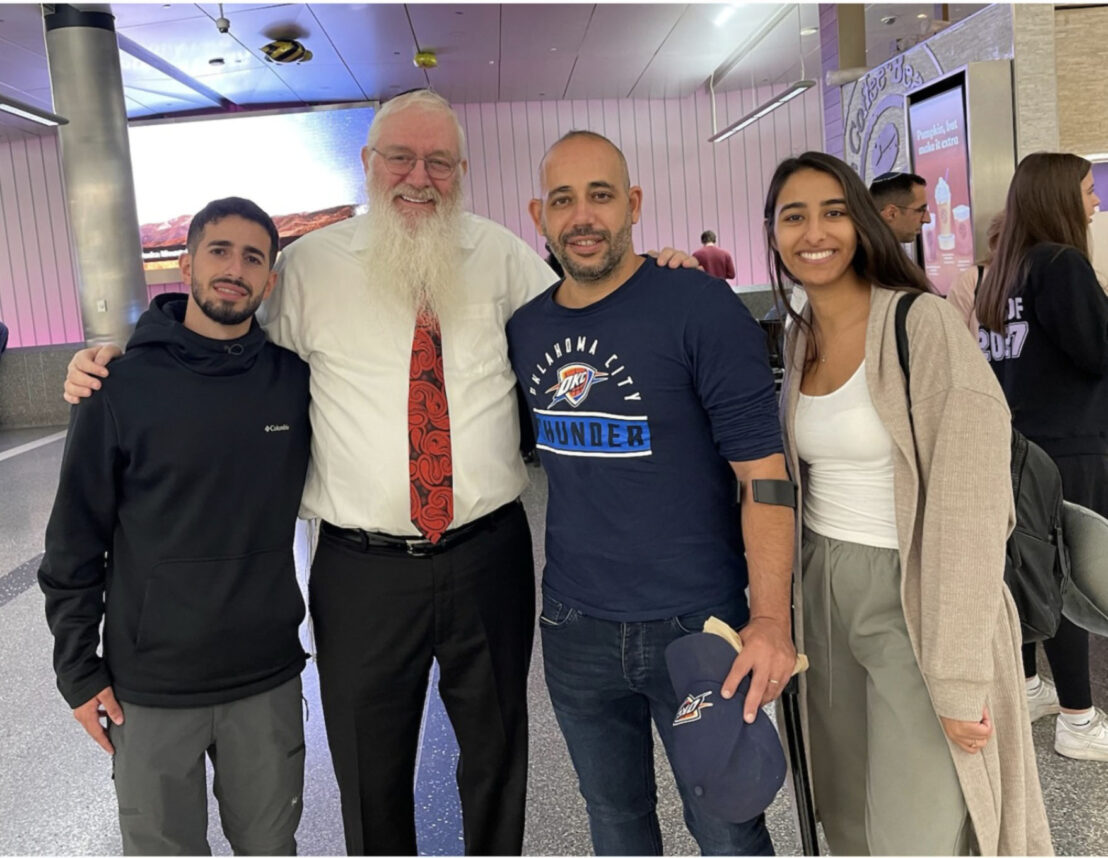I’m going away next week and won’t be back at my day job until after Rosh Hashana, so I decided to wish my co-workers a happy New Year now. When I gave one of them New Year’s greetings, he stopped and looked up, counting in his head. “Let’s see,” he said, “almost two weeks to go…I’m just wondering if it’s too early to wish someone a happy New Year,” he explained. “Like on ‘Curb Your Enthusiasm,’ when someone wouldn’t accept wedding present given a year and a week after the wedding. You know, like the statute of limitations on it ran,” he said.
While my co-worker was joking, his question raised an issue in my mind. Is there a statute of limitations on one of the most important traditions of Rosh Hashana, asking people for forgiveness? The way it’s supposed to work, a person asks anyone whose feelings he or she has hurt over the past year for forgiveness. But what if a person misses a year? Or ten, or twenty? Is it ever too late to ask for forgiveness?
I know a woman who was bullied in junior high school. She went to a Jewish day school, and many of her bullies were at least nominally religious. While the school eventually put a stop to the bullying, no one ever asked her for forgiveness. Until one Rosh Hashana, 20 years or so after the fact, when one of her former classmates, who had become very devout, called and asked for forgiveness for the pain she’d caused so long ago. The woman, although surprised at the call, did forgive her former classmate.
So in answer to the question my co-worker brought to mind, I don’t think there is a statute of limitations on asking for forgiveness. Although there’s no real reason to wait.




















 More news and opinions than at a Shabbat dinner, right in your inbox.
More news and opinions than at a Shabbat dinner, right in your inbox.